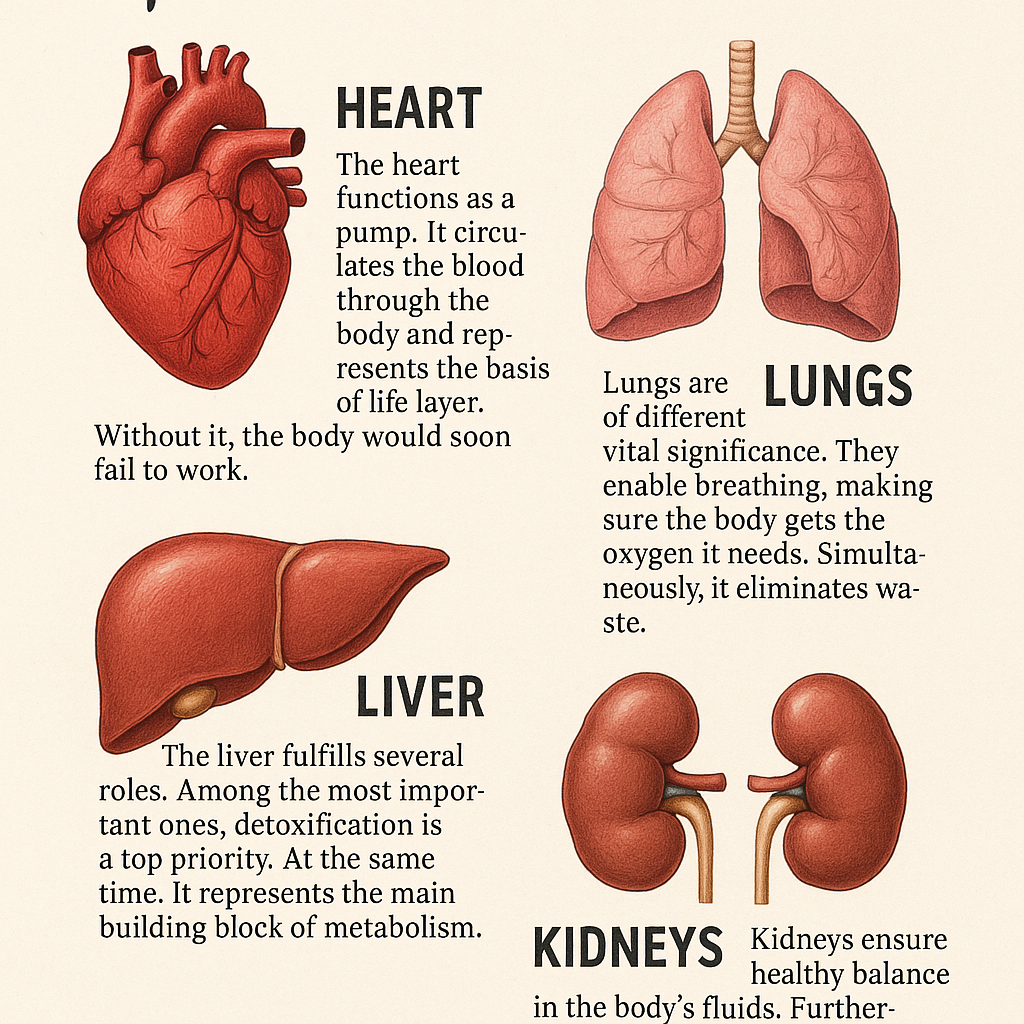
---
Caring for the Body: A Long and Loving Article
The body is the first home we ever live in, and the only one we will inhabit for our entire life. It works for us quietly, tirelessly, often without thanks, and usually without our full understanding. To care for the body is not simply a task of maintenance — it is an act of respect, grounding, and self-connection. This article explores the many layers of caring for the body: physical, emotional, sensory, and restorative.
---
1. The Body as a Living Companion
Your body is not a machine to be commanded or punished.
It is a companion that grows with you, adapts to you, and responds to the world around you.
It changes because life changes. It tightens when stress rises, softens when comfort arrives, and signals what it needs long before the mind catches up. Treating the body with gentleness begins with listening — a quiet kind of noticing.
Where does it hold tension?
What foods make it feel nourished?
What movements make it feel awake?
What environments make it feel safe?
Learning to tune in is the foundation of care.
---
2. Nourishment: Feeding Life, Not Just Appetite
Food is not only fuel; it is also communication. Every bite tells the body something.
A well-nourished body feels steady, patient, warm. A neglected one feels brittle, overwhelmed, or foggy. The goal is not perfection, but kindness.
Principles of Nourishing Care
Eat regularly, before hunger becomes a shout.
Choose foods that help you feel stable, not depleted.
Include colors, textures, fresh elements when possible.
Allow pleasure in eating; the body digests ease better than guilt.
Caring for the body means giving it what supports it, not punishing it for what it craves.
---
3. Movement: The Body’s Language of Joy
Movement keeps the body awake to itself.
It does not need to be athletic or intense; it simply needs to be consistent and gentle.
Movement is a way the body says: I am alive, I am capable, I am here.
Try forms of movement that feel enjoyable rather than obligatory:
slow stretching
walking in the sun or at dusk
dancing in your room
light strength practices
playful movements, not tied to goals
Movement helps the mind settle and the body release stored emotions. It reconnects breath and muscles, grounding thoughts back into the physical world.
---
4. Rest: The Hidden Architecture of Health
Rest is not a reward; it is a requirement.
The body repairs itself in sleep, reorganizes thoughts, digests emotions, and restores energy. Without rest, even the strongest systems weaken.
Forms of Rest
Physical rest — sleep, stillness, relaxed posture
Mental rest — quiet time, soft focus, reduced demands
Emotional rest — safe environments, gentle conversations
Sensory rest — dim lights, calming sounds, fewer screens
Rest is a form of body maintenance that often goes overlooked until exhaustion arrives.
---
5. Touch, Comfort, and Sensory Care
The body responds deeply to sensation — warmth, pressure, texture, rhythm. Comfort signals safety, and safety allows the nervous system to heal.
Ways to bring sensory care into daily life:
warm baths or showers
soft clothing or blankets
gentle stretching before bed
a clean room with breathable air
soothing scents or quiet sounds
These small comforts create an environment where the body can settle and trust.
---
6. Emotional Care Through the Body
Emotions are physical events.
Fear tightens the chest. Sadness drains the limbs. Stress raises the shoulders toward the ears.
Caring for the body helps carry emotions more gently:
breathing deeply to calm the nervous system
placing a hand over the heart to feel grounded
sitting in sunlight to lift mood
journaling while noticing bodily sensations
This is not about “fixing” emotions — it is about giving the body space to experience and release them.
---
7. Maintenance as a Ritual, Not a Chore
Maintenance is not punishment. It is preservation.
Small routines can become comforting rituals:
hydrating throughout the day
cleaning the skin and hair
tending to nails and joints
protecting the body from strain
checking in with how you feel, not just how you function
Maintenance is a form of love disguised as practicality.
---
8. The Body Changes — And That Is Natural
The body will not remain the same.
It will age, heal, reshape, strengthen, soften, recover, break, rebuild.
This is not failure — this is life.
Caring for the body means honoring its evolution:
forgiving it for being human
adapting habits instead of resisting change
celebrating ability instead of criticizing appearance
recognizing that the body holds stories, not flaws
Change is a conversation, not a betrayal.
---
9. A Gentle Philosophy of Body Care
At the heart of it all is a simple truth:
The body is not an enemy to be conquered but a companion to be supported.
Care is built slowly:
through warmth
through consistency
through listening
through patience
through compassion
Your body is doing its best with what it has.
And supporting it is an ongoing act of partnership.